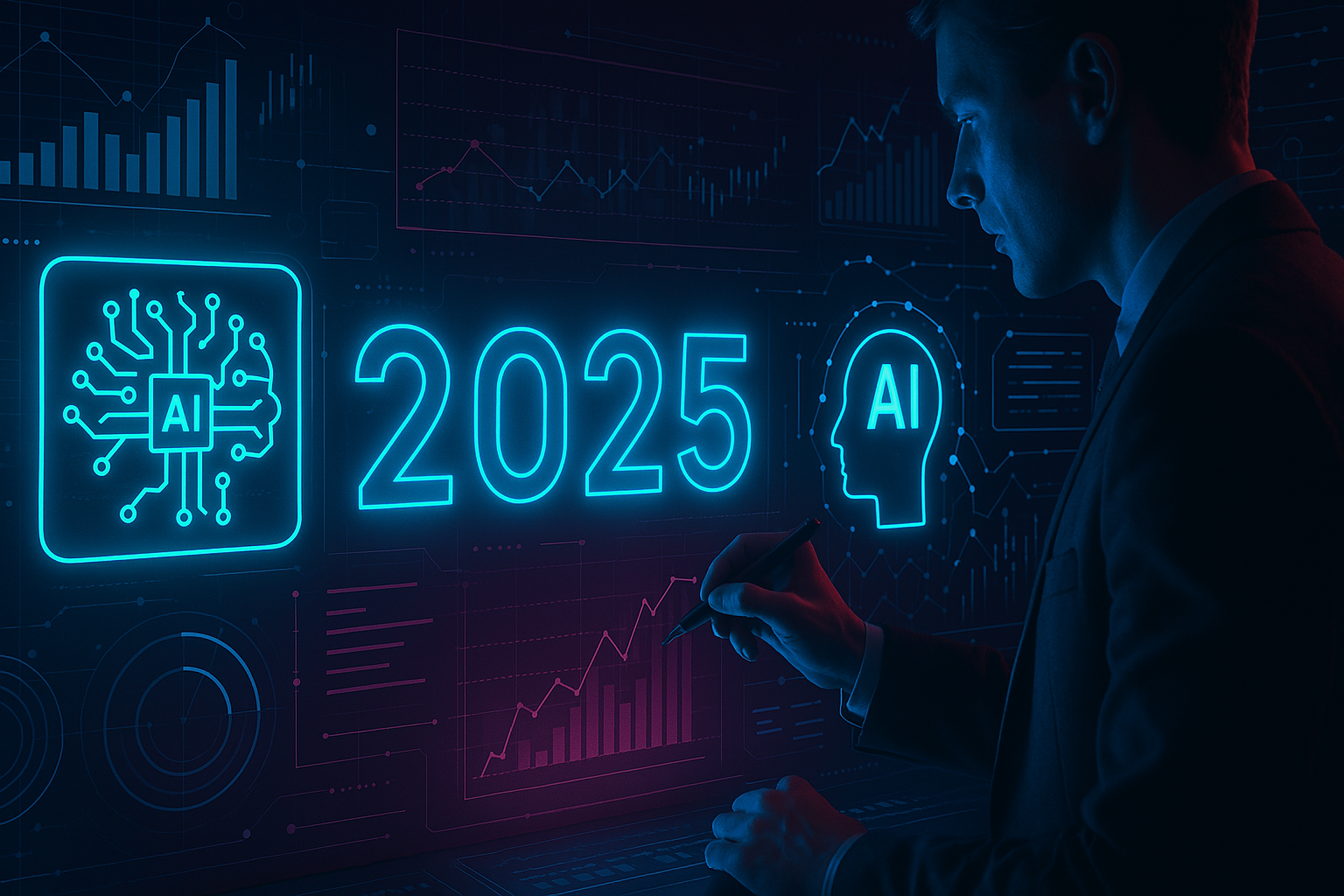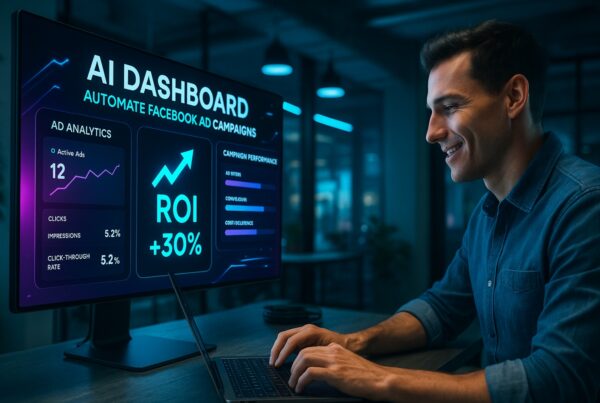Artificial Intelligence (AI) is no longer a futuristic concept; it’s here and transforming how online businesses operate. From personalized customer experiences to streamlined operations, AI is reshaping industries at an unprecedented pace. But what does the future hold? In this article, we’ll explore AI predictions 2025, the AI future predictions that matter most to online businesses, and how you can prepare to thrive in this new era.
Why AI Matters for Online Businesses
AI is no longer a luxury; it’s a necessity for staying competitive. Here’s why:
- Increased Efficiency: AI automates repetitive tasks, saving time and resources.
- Enhanced Customer Experiences: Personalized recommendations and chatbots improve customer satisfaction.
- Data-Driven Decisions: AI analyzes vast amounts of data to provide actionable insights.
According to a 2023 report by McKinsey, businesses that adopt AI technologies see a 20–30% increase in revenue and a 20–50% reduction in costs. By 2025, the global AI market is expected to reach $1.8 trillion, making it one of the fastest-growing sectors in the world.
AI Predictions 2025: What’s Coming Next?
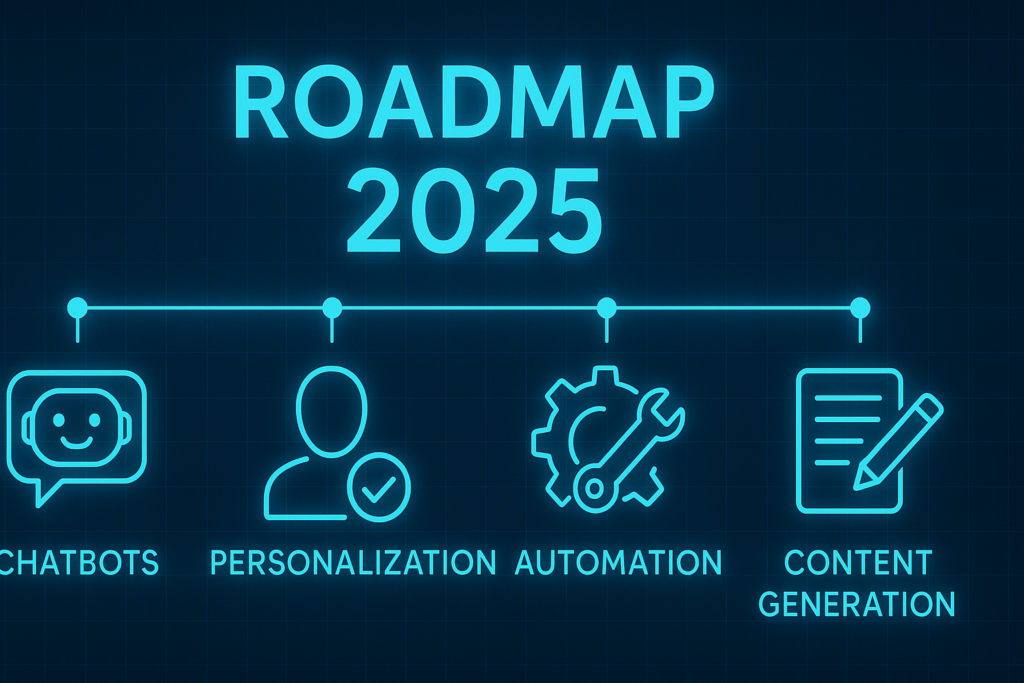
1. Hyper-Personalization Will Dominate
- By 2025, AI will enable hyper-personalized customer experiences, from tailored product recommendations to dynamic pricing.
- Netflix already uses AI to recommend shows based on viewing history. By 2025, this level of personalization will extend to every aspect of online shopping.
- A study by Accenture found that 91% of consumers are more likely to shop with brands that provide relevant offers and recommendations.
2. AI-Powered Chatbots Will Become Indistinguishable from Humans
- Chatbots will handle 95% of customer interactions by 2025, offering instant, human-like responses.
- Companies like H&M and Sephora already use AI chatbots to assist customers with product queries and bookings.
- According to Gartner, by 2025, 50% of enterprises will spend more on chatbots than on traditional mobile app development.
3. AI Will Revolutionize Supply Chain Management
- AI will optimize supply chains by predicting demand, managing inventory, and automating logistics.
- Amazon uses AI-powered robots in its warehouses to streamline order fulfillment.
- A report by Deloitte predicts that AI-driven supply chains will reduce operational costs by 30% by 2025.
4. AI-Powered Cybersecurity: Protecting Online Businesses from Threats
- By 2025, AI-driven cybersecurity solutions will detect and neutralize threats in real time, minimizing data breaches and fraud.
- Companies like Darktrace and CrowdStrike use AI to identify suspicious activities and prevent cyberattacks.
- A report by Cybersecurity Ventures predicts that by 2025, cybercrime damages will reach $10.5 trillion annually, making AI-driven security essential for businesses.
5. AI-Generated Content Will Become Mainstream
- By 2025, 30% of digital content will be AI-generated, from blog posts to social media captions.
- Tools like ChatGPT and Jasper AI are already helping businesses create content faster and more efficiently.
- According to Forrester, businesses using AI for content creation see a 40% increase in productivity.
6. Voice and Visual Search: The Next Evolution in E-Commerce
- By 2025, voice assistants and AI-powered visual search will dominate online shopping experiences.
- Google Lens and Amazon Alexa enable users to search for products using images and voice commands.
- According to Comscore, 50% of all searches will be voice-based by 2025, revolutionizing SEO and online marketing strategies.
7. Ethical AI Will Take Center Stage
- As AI adoption grows, so will concerns about data privacy and algorithmic bias. By 2025, ethical AI practices will become a top priority for businesses.
- Companies like Microsoft and Google have invested in ethical AI frameworks to ensure fairness and transparency.
- A PwC survey found that 85% of CEOs believe AI ethics will be a critical issue by 2025.
8. AI-Driven Financial Automation: Smarter Business Decisions
- AI will automate financial forecasting, fraud detection, and expense management, making online businesses more financially efficient.
- PayPal and Stripe use AI to detect fraudulent transactions and optimize payment processing.
- A report by Deloitte states that 73% of financial decision-makers believe AI will be essential in corporate finance by 2025.
How Online Businesses Can Prepare for AI Predictions 2025
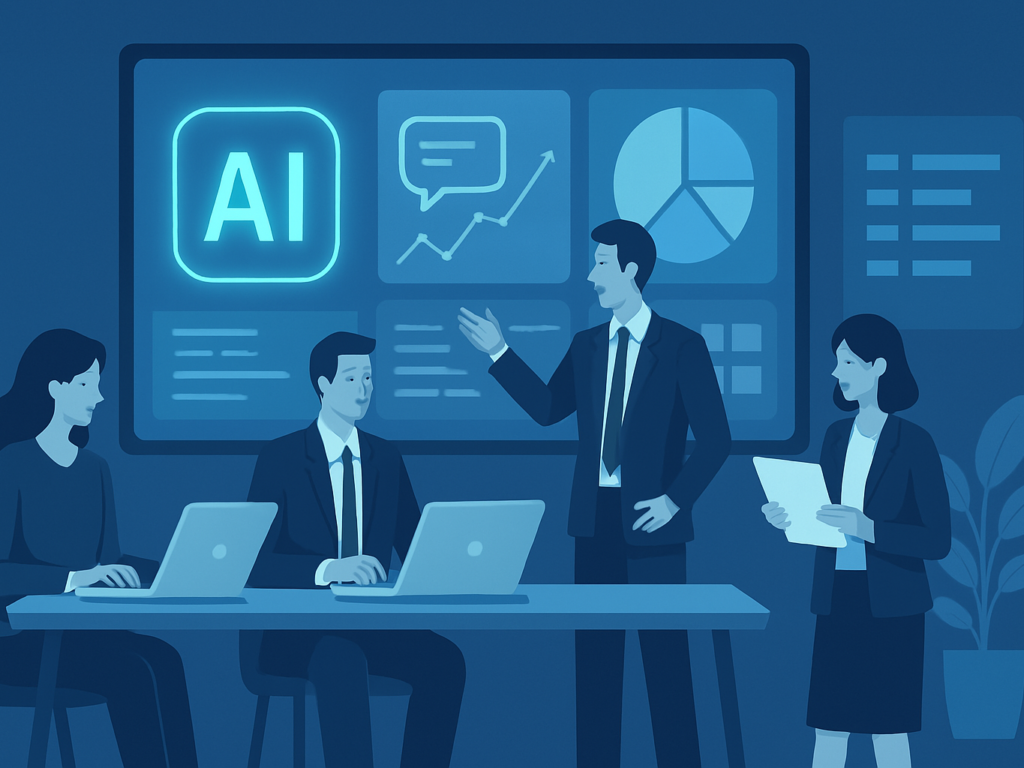
1. Invest in AI Tools and Technologies
- Start small by integrating AI tools like chatbots, recommendation engines, and analytics platforms.
- Example: Shopify offers AI-powered tools to help businesses optimize their online stores.
2. Focus on Data Collection and Analysis
- AI thrives on data. Collect and analyze customer data to gain insights and improve decision-making.
- Stat: According to IBM, businesses that leverage data analytics see a 10% increase in revenue.
3. Train Your Team
- Equip your employees with the skills to work alongside AI systems.
- Example: Amazon offers AI training programs so its employees stay ahead of the curve.
4. Prioritize Ethical AI Practices
- Ensure your AI systems are transparent, fair, and secure.
- Example: Salesforce has implemented ethical AI guidelines to prevent algorithm bias.
5. Stay Updated on AI Trends
- The AI landscape is constantly evolving. Stay informed about the latest developments to remain competitive.
- Stat: A Gartner report predicts that by 2025, 40% of businesses will have a dedicated AI strategy.
Real-Life Examples of AI in Action
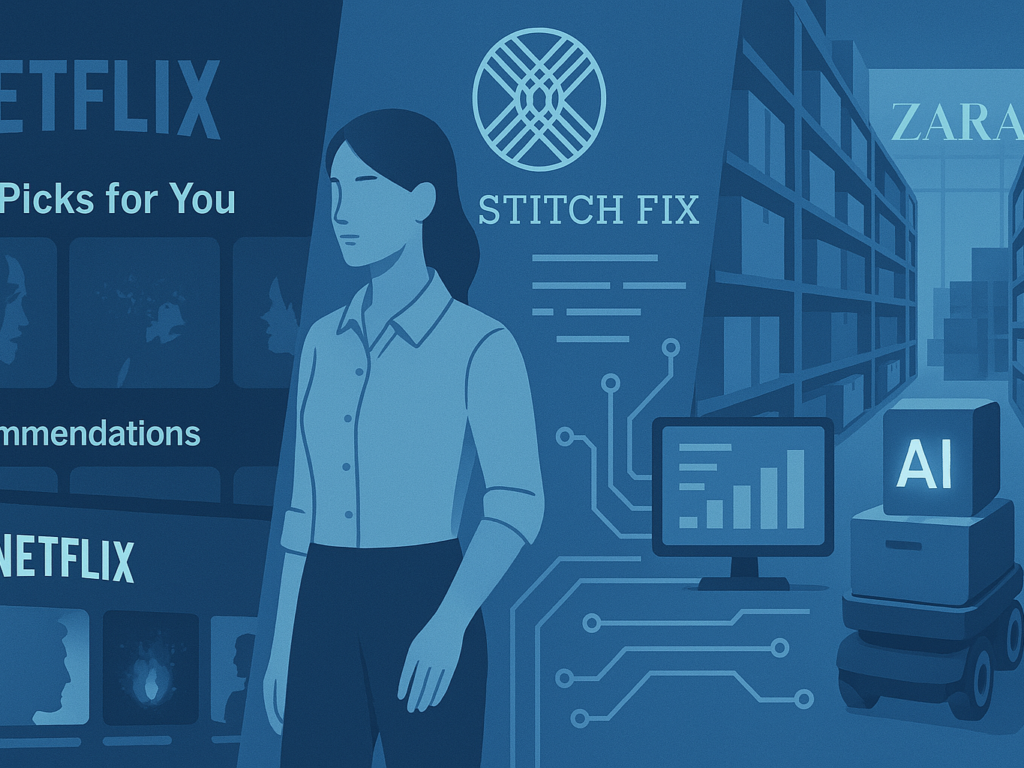
1. Netflix Recommendations
Based on user preferences, Netflix uses AI to recommend shows and movies, driving 80% of viewer activity.
2. Stitch Fix
Stitch Fix uses AI to personalize clothing recommendations, resulting in a 25% increase in customer retention.
3. Zara
Zara uses AI to optimize inventory management, reduce waste, and improve efficiency.
Conclusion: Embrace the AI Revolution
The AI predictions 2025 paint a picture of a future where AI is deeply integrated into every aspect of online business. From hyper-personalization to ethical AI practices, the opportunities are endless. Investing in AI tools, training your team, and staying informed about trends can position your business for success in this new era.


